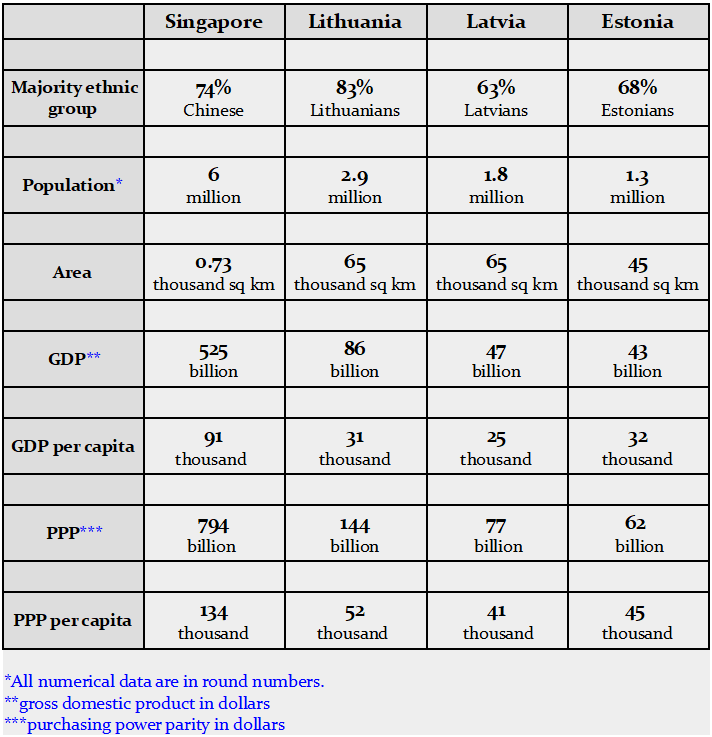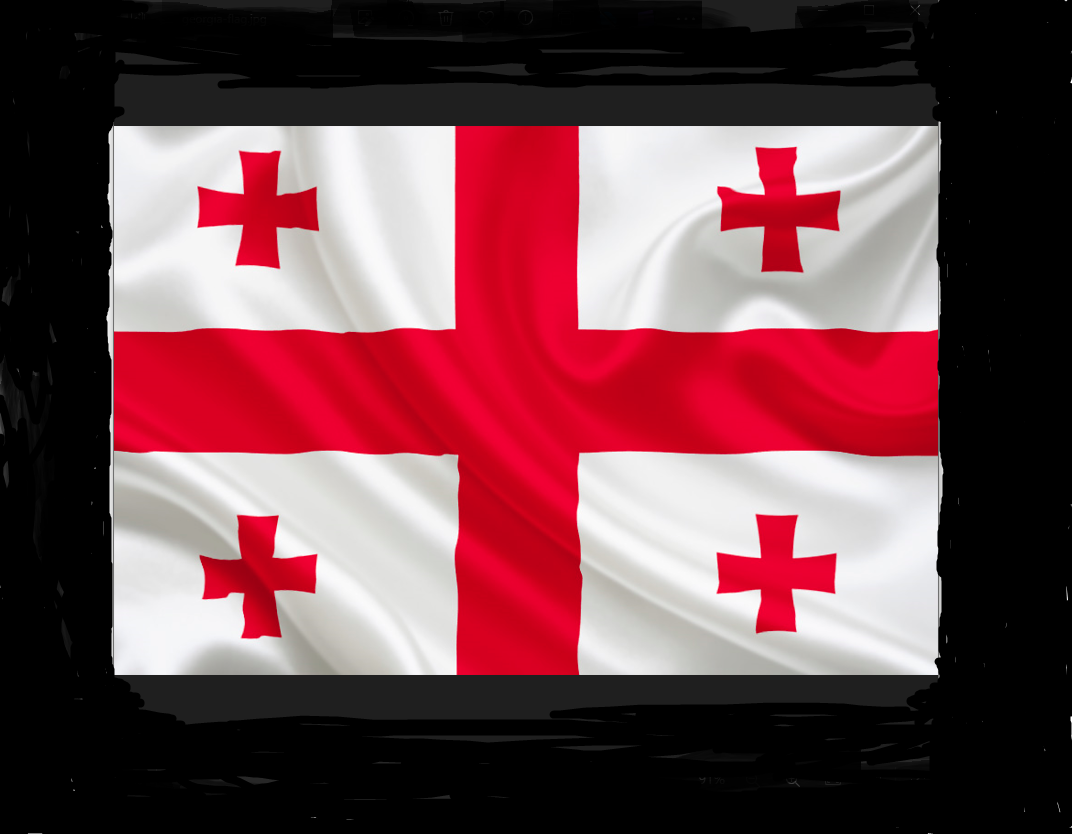The leftist West is getting a blow back!
– The elections to the European Parliament elevated parties that are maliciously referred to as far-right;
– the war in Ukraine is going badly for the collective West;
– in the United States Donald Trump, maliciously labelled as populist is about to win the presidential election;
– France and the United States are being pushed out of Africa;
– de-dollarization is in progress;
– Slovakia’s Prime Minister Robert Fico has survived the assassination (how the EU commissioners would have wished he had died!);
– Hungary’s Prime Minister Viktor Orbán is openly against the European Union’s policy of confrontation with Russia; and now – to top it all
– Turkey – has announced its willingness to join BRICS!
What a mess! Turkey, which boasts the second largest army in NATO, is about to seriously partner among others with… Russia, a country against which the same NATO is waging war!
The West is getting blow after blow after another blow. How ungrateful the world is! The collective West has been meaning to
– save the planet from the man-made climate change;
– extend the human rights by bringing to the forefront homosexuals and lesbians;
– eradicate racism by coercing races and nationalities to share the same ares, towns and villages, schools and factories,
and it turned out that the world has remained blind and deaf to all those advances… Goodness me!
All of which might suggest one serious suspicion: out of impotence and a thirst for vengeance the collective West might be thinking about retaliatory steps. What are these going to be? The leftist West needs to disrupt BRICS, to keep Russia at bay, to stop the march of the “far-right” through the institutions (a historical irony, indeed), to thwart Donald Trump from winning the elections, to preserve the dollar as the instrument of global exploitation and dominance, and so on, and so forth. What are they going to do? A wounded and hitherto domineering animal can be terribly dangerous.


















